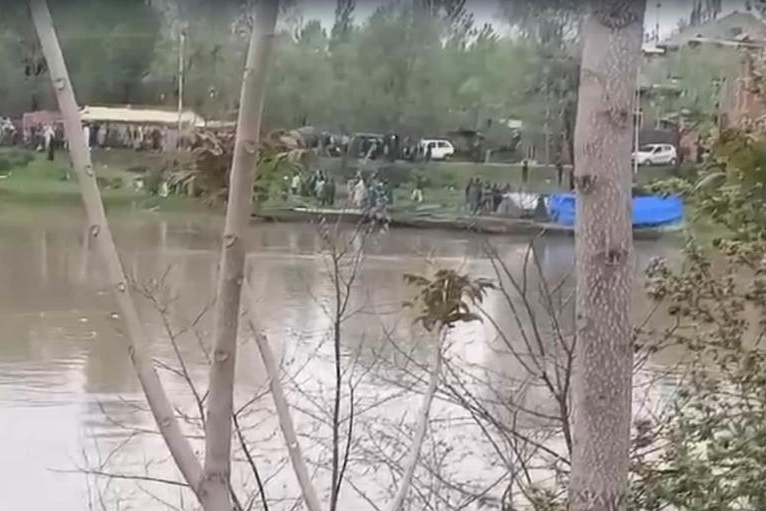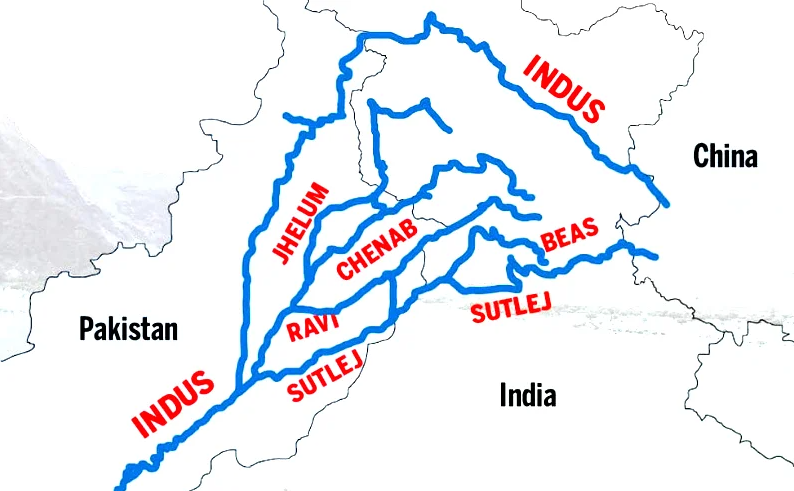Bengaluru, often hailed as the “Silicon Valley” of India, is grappling with an acute water crisis. With a shortfall of approximately 500 million liters of water per day against the city’s requirement of 2,600 MLDs, the situation has reached a critical juncture. In an effort to curb wastage and conserve precious resources, the Bengaluru Water Supply and Sewerage Board (BWSSB) has taken strict measures.
Fines Imposed on 22 Families
The BWSSB recently fined 22 families for using drinking water for non-essential activities. Each of these households is now required to pay a fine of ₹5,000 for violating the water supply board’s order. The total amount collected from these fines stands at ₹1.1 lakh.
Violations and Recommendations
The fines were levied on families found using drinking water for purposes such as car-washing or gardening. The highest fine of ₹80,000 was collected from the southern region of Bengaluru. Earlier this month, the BWSSB had issued recommendations for an economical use of drinking water in light of the crisis. Residents were urged to refrain from using drinking water for vehicle washing, construction, and entertainment. Repeat offenders face an additional fine of ₹500 for each violation.
During the recent Holi celebrations, the BWSSB specifically advised residents not to use Cauvery River water and borewell water for pool parties and rain dances. Additionally, an innovative program has been introduced, encouraging hotels, apartments, and industries to install aerators to reduce water consumption.
The Edge of Crisis in Bengaluru
The severity of the water shortage has pushed Bengaluru to the brink. City residents are adapting by working from home, using disposable dishes, and even relying on mall restrooms. The challenge lies in balancing the growing urban population’s needs with the available water resources. Of the total water requirement, 1,470 MLD comes from the Cauvery River, while 650 MLD is sourced from borewells.
As the city grapples with this crisis, it serves as a stark reminder of the urgent need for sustainable water management and responsible usage. The BWSSB’s fines are a step toward ensuring that every drop counts in the fight against scarcity.







































